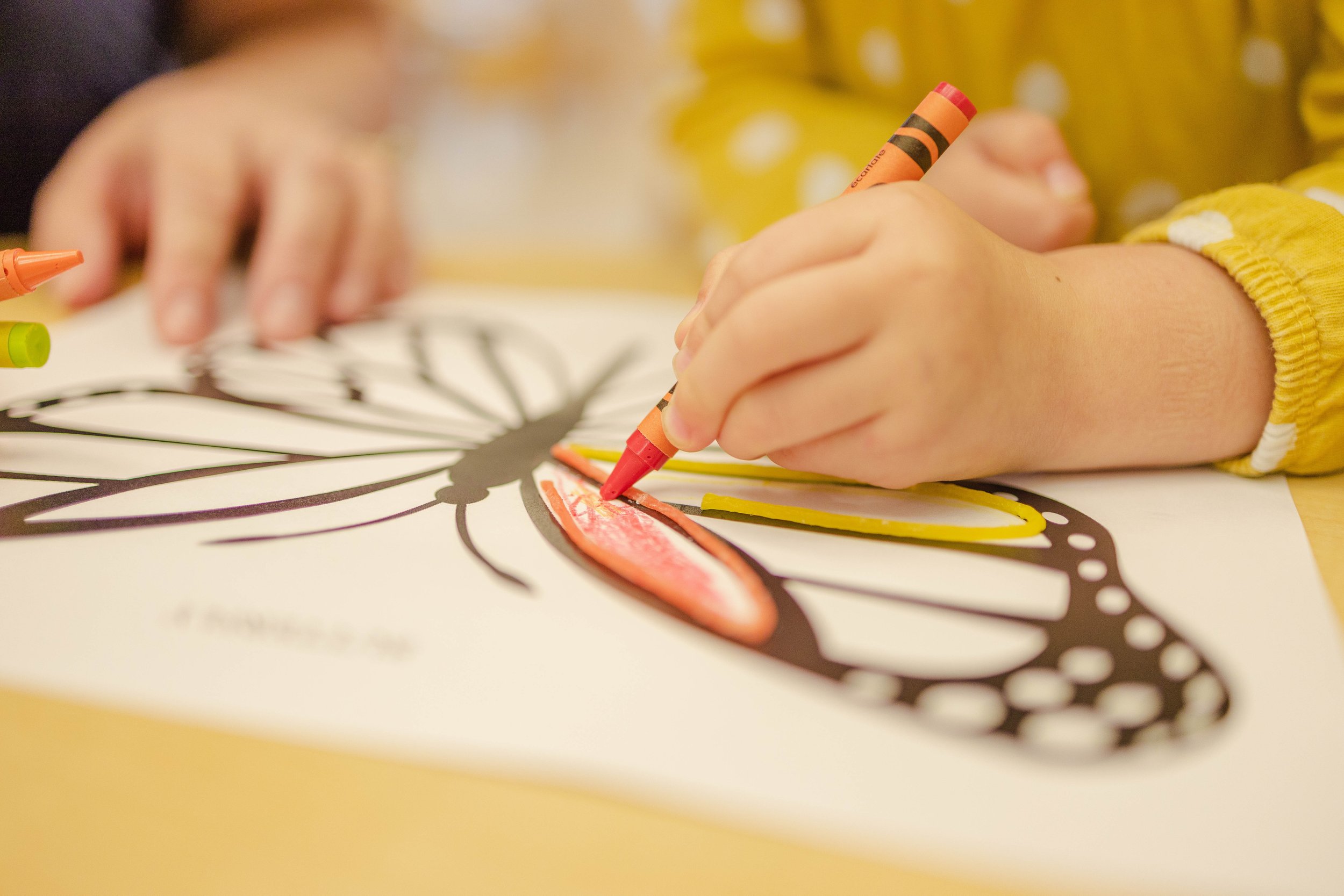
Core Training
Level I Training
The Level I Core Training is a two-day, 16 hour intensive training. The training consists of presentations, interactive dialogues, hands on experiences, videos and a community panel presentation. Participants work through a comprehensive training manual.
Level I focuses on issues of violence in the lives of children, empowering participants to:
Increase knowledge about violence and the effects of violence on children
Create peaceful learning environments for children
Increase child observation skills in order to provide a positive learning environment
Develop skills in effective listening, communicating, negotiating, and facilitating peaceful conflict management
Validate and integrate diverse backgrounds and perspectives
Build community support and resource networks for advocacy on behalf of children, families and early childhood professionals
Take personal responsibility for one’s own actions
Level II Training
The Level II Core Training is a two and one-half day, 19 hour intensive training. As in Level I, the training consists of presentations, interactive dialogues, hands on experiences, and videos. Participants work through a comprehensive training manual. The level II training focuses on developing skills and strategies to become effective community leaders in promoting nonviolence.
Participants will:
Increase knowledge and understanding of the roots of violence
Cultivate an understanding of privilege and power
Gain an understanding of the protective factors of resiliency and authenticity
Address issues of personal and interpersonal anger
Develop Active Listening skills
Learn Consensus Decision Making skills and Peaceful Conflict Resolution skills
Employ a high standard of personal ethical conduct and encourage such standards in the early childhood setting
Develop leadership skills and a personal action plan for nonviolence work in their spheres of influence, e.g. family, workplace, school, social groups and community.

“These educators have studied and thought so deeply about peace education. It’s not only an elevating experience, it’s practical information and tools to go home with and make our own worlds more peaceful and inspiring.”
— Shira Coleman
